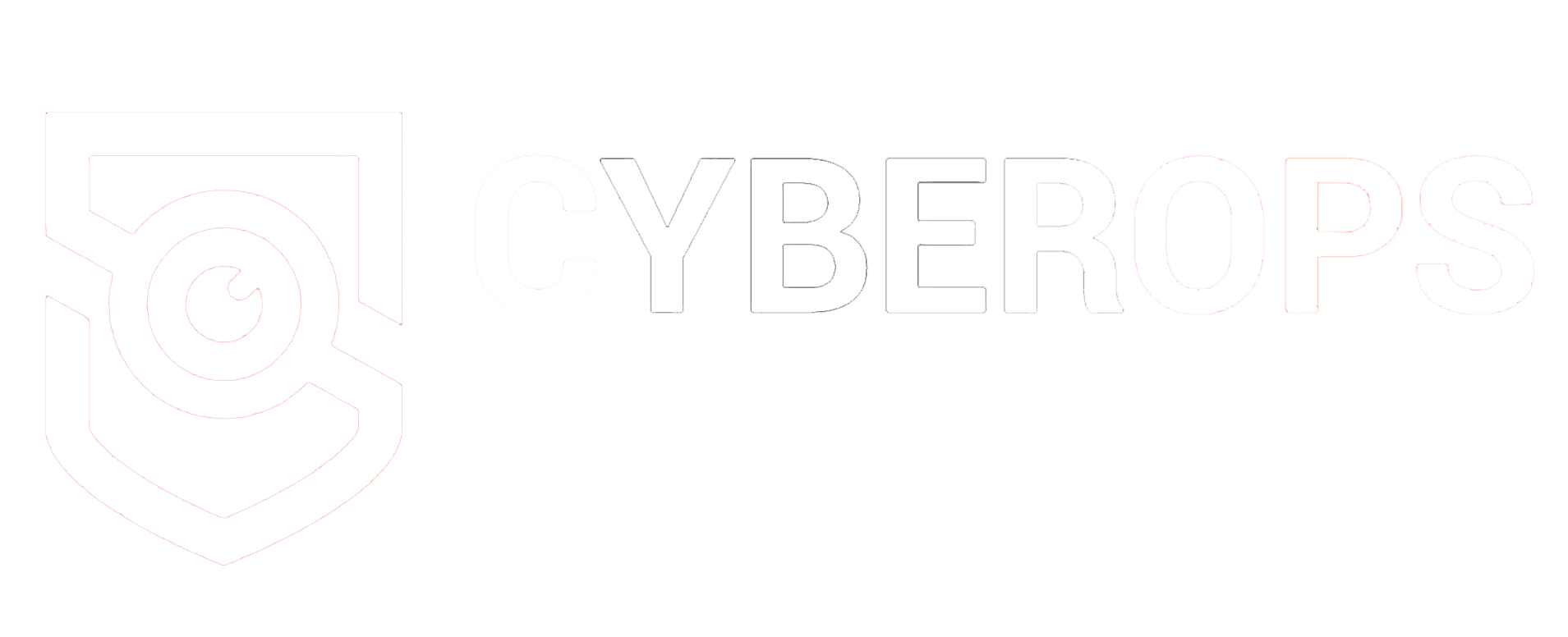Why SMEs (Small and Medium-Seized Enterprises) are interested in cyber fault insurance?
By Prempal Singh

Cyber crime is on the growth:
According to the Australian Securities and interest Commission’s 2015 report Internet Resilience: Health Check, recent years have experienced “significant progress in the amount and seriousness of cyber attacks around the world. ” Unfortunately, local businesses–SMEs (small-to-medium sized enterprises) in particular–have not been able to escape, and the report recognizes cyber attacks as a major risk for Foreign businesses.
In an interview with Computer Weekly, Gartner’s Anne Robins warns that after the United states, Australia is the second most commonly attacked country for ransomware. She provides that SMEs may be hit than larger firms. In the same article, Charles Lim of Ice & Sullivan says, “An estimated 50-60% of the globally made attacks [using] ransomware were detected in Australia inch.
It’s no wonder, then, that worries around data security are plaguing SME business owners all over the country.
SMEs (Small and Medium-Seized enterprises) are more unsafe than their larger business equivalent:
The Australian government has demonstrated the serious commitment to increasing the cyber strength of the country’s businesses, reportedly allocating $230,000,000 to its cyber security strategy in 2016. On the other hand, commentators have criticized the plan for overlooking SMEs. news.com.au article quotes David De Laine of Check Level Software Technologies as stating, “This is a step the right way and we would like to see more support for small business – the business engine of the nation. ”
SMEs (Small and Medium-Seized enterprises) are investigating the value of specialized cyber fault insurance:
As ASIC’s record points out, “[cyber] risks are recognized to be increasingly diverse and sometimes unforeseeable – inserting a greater significance on responding to danger and managing their results, not simply planning to prevent or avoid them. ” Mainly because the most complex internet attacks can be challenging to predict or prevent, more Australian SMEs are considering purchasing specialized cyber responsibility insurance alongside their existing commercial insurance policies.
Internet fault insurance covers a range of first- and third-party risks that may occur to damage of data or a network security breach. First-party risks include damages to your business, such as a breach of company data, the resultant business downtime, damage to your professional reputation, costs sustained due to cyber extortion, and so on. Third-party risks include damage causing from a breach of your customers’ personal information and data.
Proactively ensuring data security is more essential now than ever before:
Whether or not your business is protected by cyber liability insurance, the old adage of prevention being much better than remedy holds true. If you aren’t sure whether your data security is about damage, it’s a good idea to book an ‘IT health check’. The goal of an IT health check is to determine your company’s cyber durability, diagnose potential weaknesses, and give advice and insights into how you can jack port up your data security alarm systems. Take good thing about PowerNET’s commitment-free IT Health Check.
Source: www.power-net.com.au
